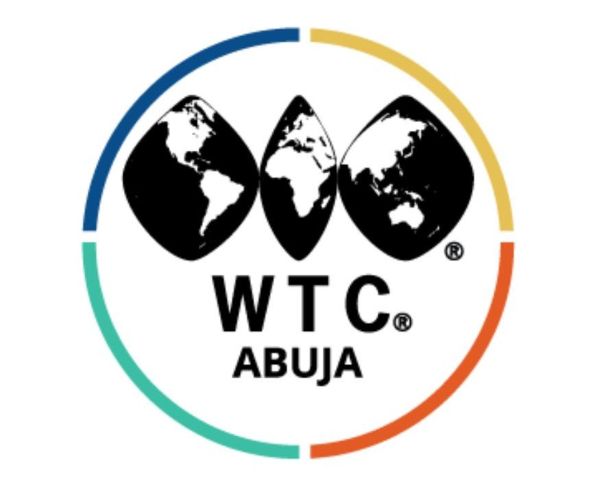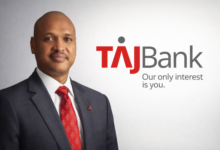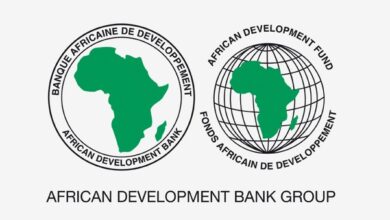WTC Abuja Unveils Export Launch Pad to Power Nigeria’s Global Trade Competitiveness

In a strategic move to reposition Nigeria as a formidable force in global commerce, the World Trade Centre (WTC) Abuja has launched a forward-looking Export Launch Pad designed to unlock new frontiers for Nigerian exporters and SMEs. The initiative, unveiled Tuesday by WTC Vice-President Ahmed Adelaja, marks a significant stride in bridging Nigeria’s chronic export readiness gaps and aligning local trade potential with international standards.
The launch follows a high-level webinar titled “Navigating Global Uncertainties and Breaking Barriers to Growth”, part of WTC Abuja’s “Nigeria’s Trade Competitiveness” series—an ambitious platform aimed at reshaping the nation’s trade narrative.
From Raw Ambition to Global-Ready Execution
Described as WTC Abuja’s flagship business accelerator, the Export Launch Pad aims to serve as a springboard for export-ready Nigerian businesses seeking to overcome traditional hurdles such as poor packaging, limited compliance with international standards, and fragmented access to logistics and trade finance.
“The goal is simple yet profound: no viable export idea in Nigeria should fail due to a lack of knowledge, structure, or support,” Adelaja stated during the unveiling.
This initiative arrives at a critical time when Nigeria is under increasing pressure to diversify its economy beyond oil and plug its wide trade deficits—particularly as regional and continental frameworks such as AfCFTA and ECOWAS integration demand heightened sophistication and competitiveness from African exporters.
Export Launch Pad: A Comprehensive Trade Toolkit
The export accelerator will provide:
- Export diagnostics and business readiness assessments
- Sector-specific market intelligence, particularly in agriculture, manufacturing, creative industries, and services
- Advisory support on international packaging and compliance
- Linkages to logistics partners, trade financiers, and verified global buyers
More strategically, it will serve as a pipeline into the African Continental Free Trade Area (AfCFTA), regional trade corridors, and global value chains.
The WTC Trade Desk: Building a Bridge to the World
Complementing the Launch Pad is the establishment of a dedicated WTC Abuja Trade Desk—a permanent liaison hub offering exporters assistance with:
- Market entry strategy and intelligence
- Regulatory and documentation guidance
- Policy issue escalation and resolution
- B2B matchmaking via the global WTC network
The desk is set to collaborate with key industry stakeholders including NACCIMA, chambers of commerce, trade promotion agencies, and international partners to create a seamless export ecosystem.
Industry Stakeholders Call for Coordinated Reforms
Delivering the keynote, Professor Jonathan Aremu, a respected international trade economist, laid bare the stark realities confronting Nigerian trade. He pointed to global macroeconomic headwinds, falling oil prices, FX volatility, and weak infrastructure as compounding barriers to export-led growth.
He called for a multi-pronged approach involving:
- Strategic trade partnerships and digital transformation
- Trade diversification and regional value addition
- Intelligent negotiation of trade agreements
- Investment diversification to hedge against macro shocks
“Trade competitiveness is not just about products, it’s about systems, policies, and priorities,” Aremu warned.
Echoing the urgency, NACCIMA President Kevin Oye, represented by Mahmud Ahmed, emphasized that private sector innovation, production infrastructure, and global marketing are vital for making Nigerian exports more competitive.
“The engine of trade growth is driven not just by policy, but by how well private businesses can respond to global trends, harness technology, and scale effectively,” he said.
Why This Matters
The WTC Abuja’s Export Launch Pad and Trade Desk arrive as game-changing instruments in Nigeria’s economic diversification toolbox. Amid mounting global uncertainty, these structures provide clarity, strategy, and support for local exporters, many of whom struggle to break into international markets due to systemic bottlenecks.
By offering practical solutions across the value chain—diagnostics, intelligence, compliance, logistics, and financing—the WTC is positioning itself not merely as a physical structure, but as an enabler of Nigeria’s global ambition.
As Nigeria looks to rise within the AfCFTA bloc and redefine its role in international commerce, initiatives like this will prove critical to rewriting the country’s export story—from raw materials exporter to value-added global player.












